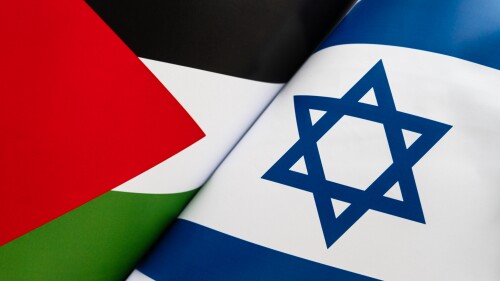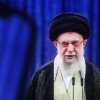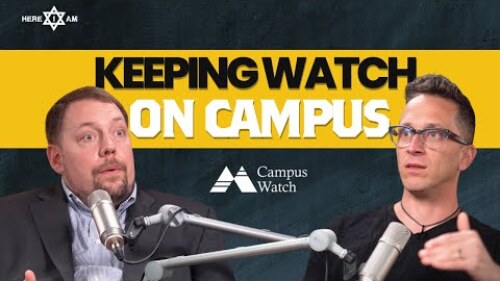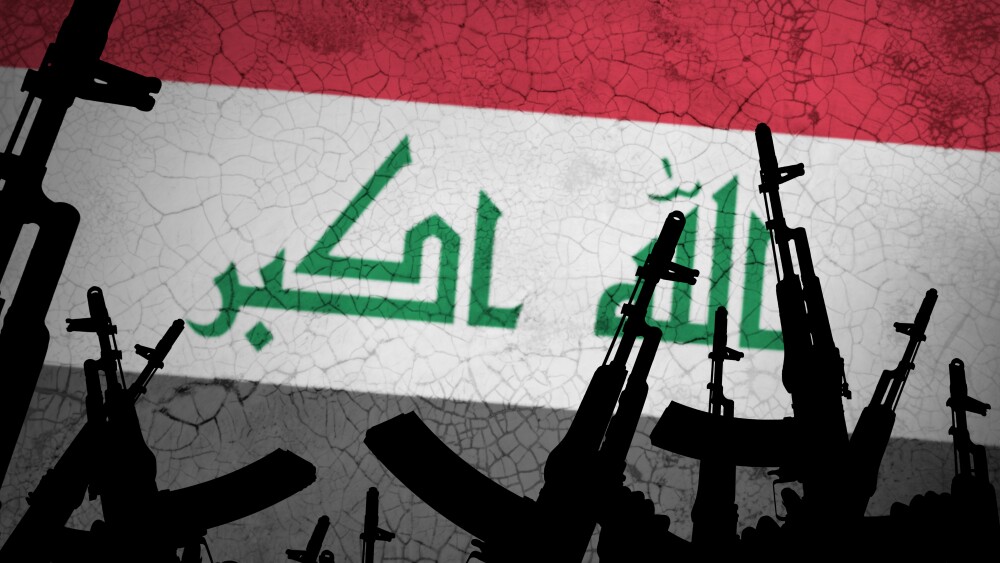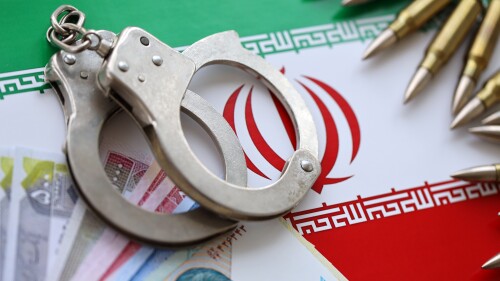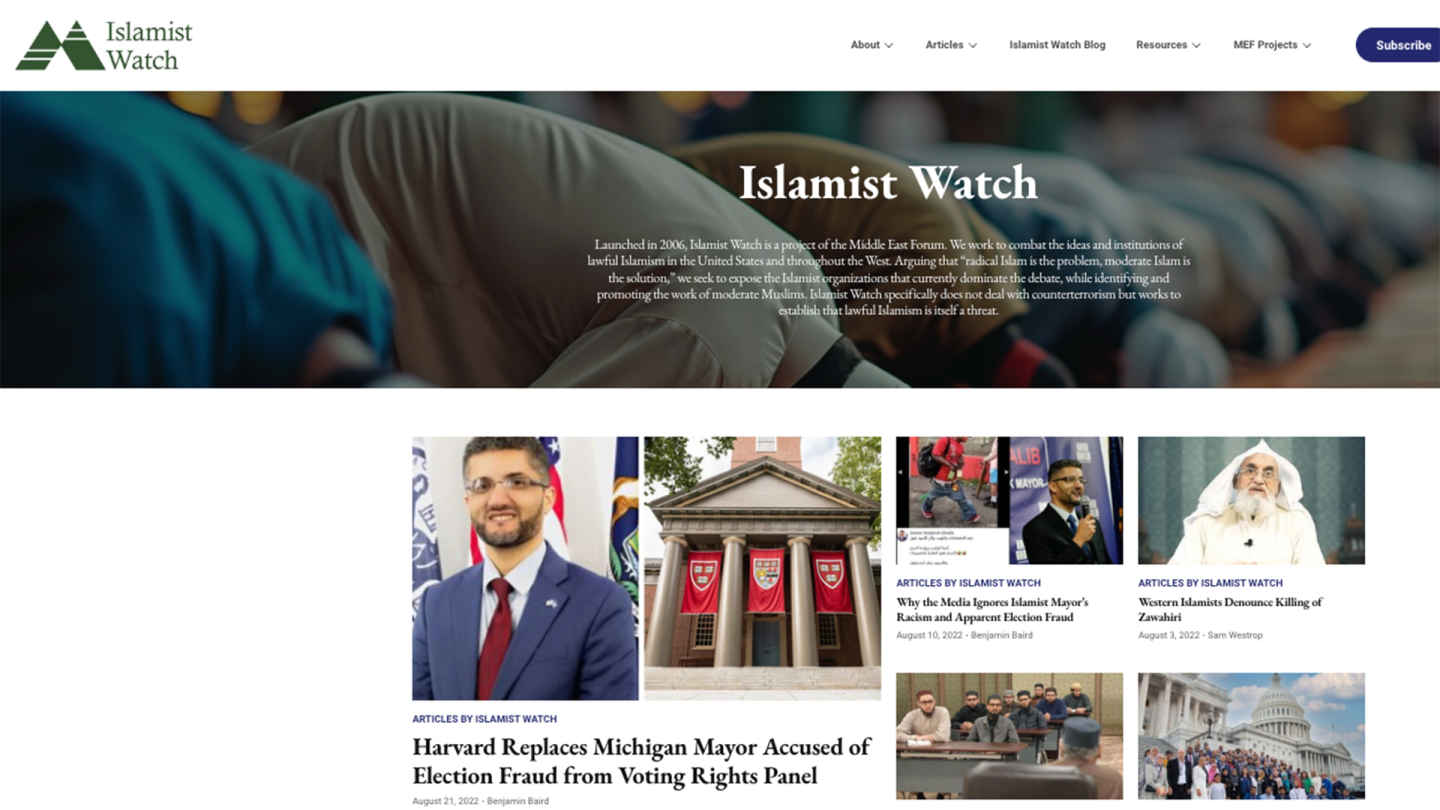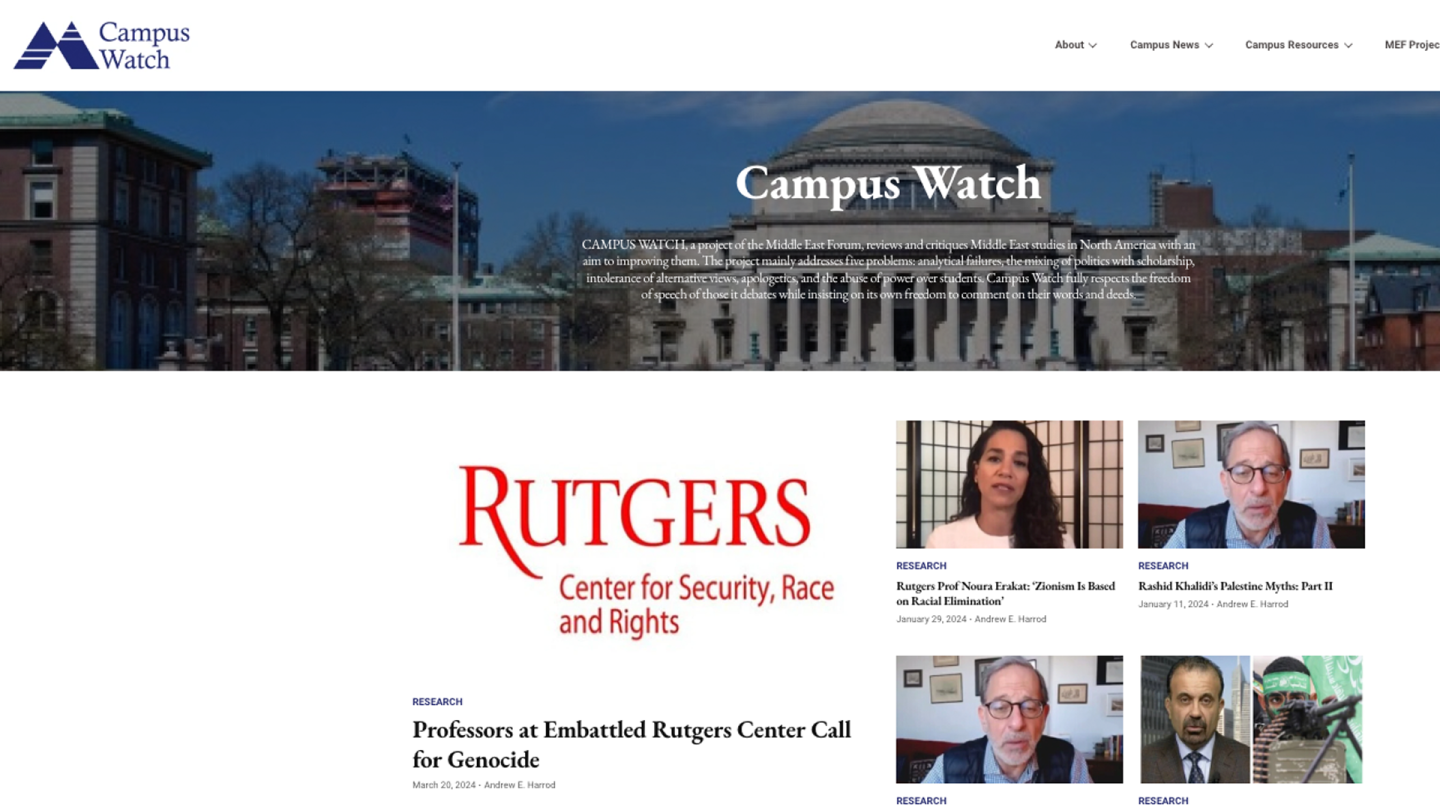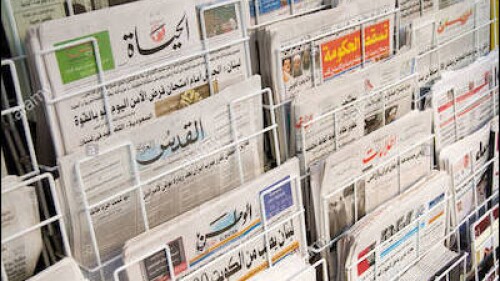The United States Does Not Adequately Counter Erdoğan’s Poisonous, Terror-Sympathizing Ideology and Narratives
It would not be wise to dismiss the concerns here as simply the work of Iranian agitation, propaganda by the ‘resistance axis’, or sabotage by ‘regime remnants,’ even if not all or most Alawites share the concerns to be outlined here.
The Turkish President’s Actions Belie His Diplomats’ Statements That Turkey Respects and Protects Its Christian and Jewish Heritage
After Hundreds of Missiles Fired at Israel, PM Says Yemeni Rebels Will Meet Same Fate as Hamas and Hezbollah
Erdoğan’s Syrian Proxies May Welcome the Excuse Not to Be Pushed Into a Devastating Conflict with Non-threatening Kurds
With Hayat Tahrir al-Sham (HTS) Gaining Power in Syria After the Fall of President Bashar al-Assad, Many Syrians Worry About the Growing Influence of Extremist Elements Within the Islamist Group.
Following the Fall of Assad’s Regime, the Narratives of Resistance and Assad’s Alliances With Iran and Hezbollah are Shifting.
Canadian Ex-Muslim Activist Talks About the Saudi Doctor and Refugee Accused in the German Christmas Market Tragedy
Spotlight: The False Narratives of the Palestinians
False narratives of Palestinian settlement in parts of the modern state of Israel claim that “Palestinians” are the original inhabitants, while Israelis are “colonizers” with no historical claim to the land. Yet, as Daniel Pipes wrote in 2024, “Palestinians … are not an aboriginal, autochthonous, first, indigenous, or native people; most of them are as recently arrived as Zionists. They are also as ethnically diverse.”
What are these ahistorical narratives, and how can they be corrected? How do they affect the current wave of recognitions of a “State of Palestine” and public perceptions of Israel?
What are these ahistorical narratives, and how can they be corrected? How do they affect the current wave of recognitions of a “State of Palestine” and public perceptions of Israel?
Whatever Its Goal—Be It to Destroy Israel or Only Reduce Its Size—The Palestine Liberation Organization (PLO) Is Israel’s Most Intimate and Permanent Enemy
Middle East Quarterly - Current Issue
Founded in 1994 by Daniel Pipes, MEQ is the Middle East Forum’s journal intended for both scholars and the educated public. Policymakers, opinion-makers, academics, and journalists write for and read the Quarterly, which is known for exclusive interviews, in-depth historical articles, and book reviews on subjects ranging from archaeology to politics and on countries from Morocco to Iran.
Fall 2025 Volume 32: Number 4
Fall 2025 Volume 32: Number 4
-
The U.S. State Department Has Designated Four Iran-Backed Shi’a Militias as Foreign Terrorist Organizations, Following Years of Advocacy by the Middle East Forum
-
Middle East Forum Report Exposes Terror Ties Among Faculty as University Reels from President’s Resignation and $790M Federal Funding Freeze
-
DHS: ‘We Take the Results of the MEF Report Very Seriously’
-
Because of a Lack of Natural Resources, Suwayda, Where the Majority of Syrian Druze Live, Is the Most Impoverished Region in the Country
-
Turkey Aims to Establish Itself as a Sub-Regional Power to Fill the Void Left by a Weakened Russia and a Diminished Iran
-
Although the Majority of Americans Do Not Hold Antisemitic Views, 60 Percent of the College-Age Demographic Do
-
Well Before the October 7 Attack in Israel, University Administrators Were Cowed by Vocal Campus Pro-Palestinian Activists
Middle East Forum Observer
Founded in 2024, the Observer provides rapid analysis on leading Middle East developments, from Marrakech to Mashhad and the Bab el-Mandeb to the Black Sea.
Launched in 2006, Islamist Watch is a project of the Middle East Forum. We work to combat the ideas and institutions of lawful Islamism in the United States and throughout the West. Arguing that “radical Islam is the problem, moderate Islam is the solution,” we seek to expose the Islamist organizations that currently dominate the debate, while identifying and promoting the work of moderate Muslims.
CAMPUS WATCH, a project of the Middle East Forum, reviews and critiques Middle East studies in North America with an aim to improving them. The project mainly addresses five problems: analytical failures, the mixing of politics with scholarship, intolerance of alternative views, apologetics, and the abuse of power over students. Campus Watch fully respects the freedom of speech of those it debates while insisting on its own freedom to comment on their words and deeds.












